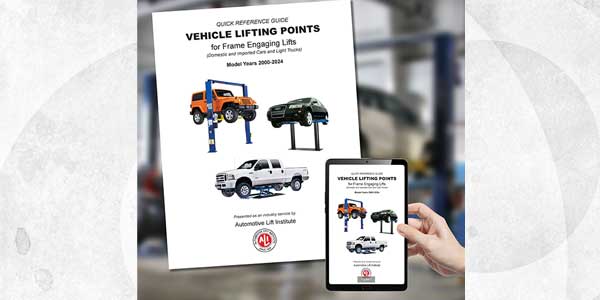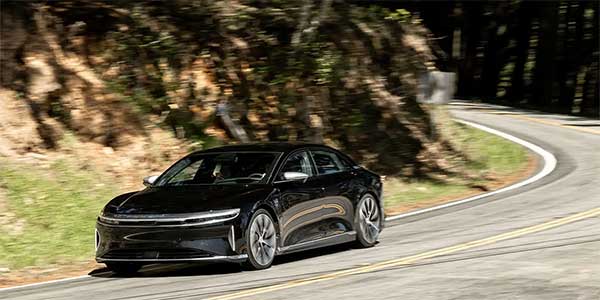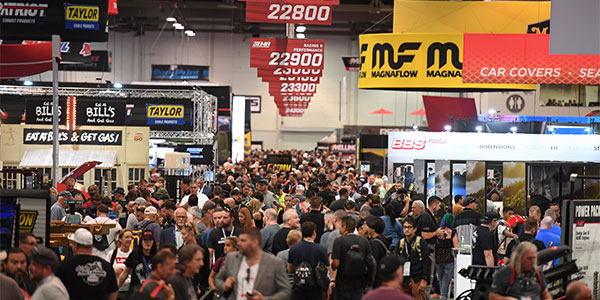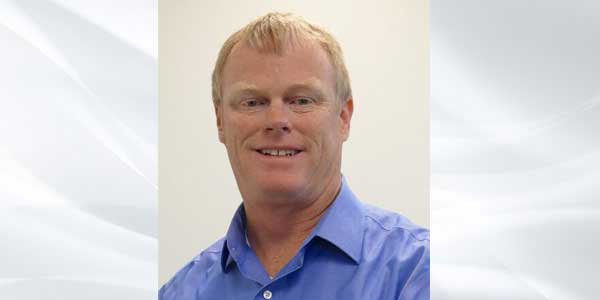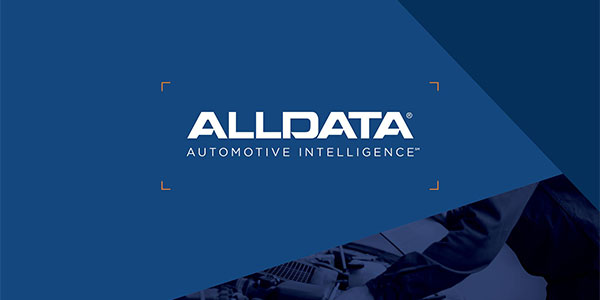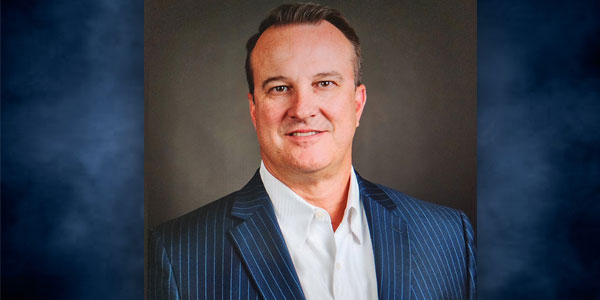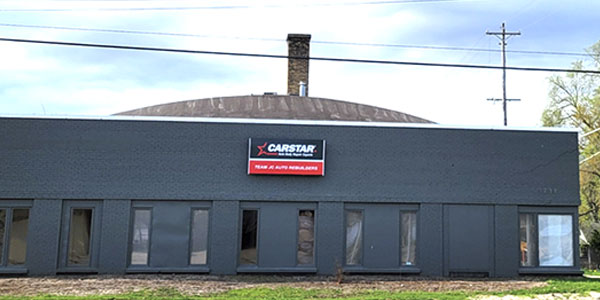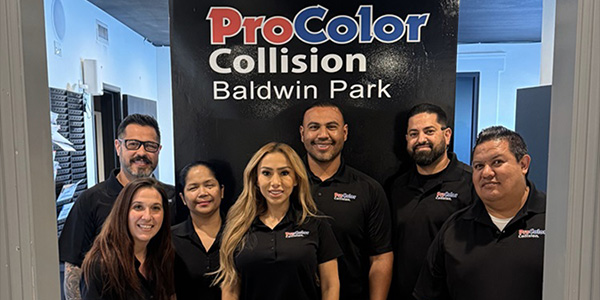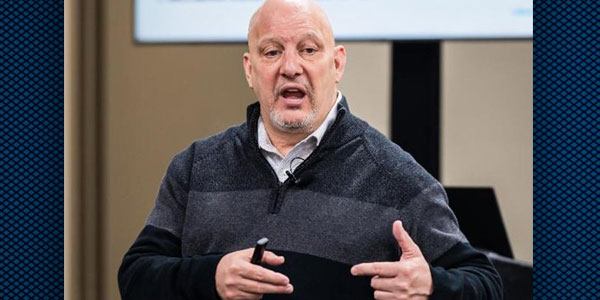Consumer Watchdog warned the California Department of Motor Vehicles that it must not allow Google and others with a vested interest in developing driverless vehicles to push the DMV into issuing rules regulating the public use of “robot cars” on highways that are “inadequate to protect public safety.”
“Most importantly, a driverless vehicle must allow a licensed driver to assume control when necessary,” wrote Consumer Watchdog Privacy Project director John M. Simpson in a letter to DMV Director Jean Shiomoto.
“Despite Google’s public relations campaign and statements that it hopes to have robot cars for public use operating on the road within five years, it is important to understand what its vehicles cannot do,” wrote Simpson. “Recognition of the Google driverless cars’ shortcomings should help inform the DMV’s ‘autonomous vehicle’ public use rulemaking process.”
Consumer Watchdog’s letter noted what it perceives as shortcomings of Google’s driverless car technology, including:
- Weather. Heavy precipitation interferes with the vehicle’s sensors and they don’t work in the snow, nor in heavy rain.
- Human hand signals. The robot cars can’t interact reliably with hand signals given by the human driver of another vehicle, or a policeman using only hand signals to direct traffic.
- Sunshine. If the sun is behind a traffic light, it can interfere with the driverless car’s ability to determine the traffic light’s color.
- Changing road conditions. The sensors don’t recognize large potholes and would not detect an open manhole. If a traffic light were installed overnight, as in the case of a road construction site, the car’s driverless navigation system would not expect it.
- Pre-mapped roads. Google’s robot cars rely on detailed sensor mapping of routes before the robot car hits the road. If a Google driverless car tried a route that had not been specially mapped, probably even a large parking lot, it wouldn’t know what to do.
- Humans. The driverless cars’ video sensors can’t reliably distinguish between a tree branch blowing in the wind and a pedestrian.
The decision on whether to allow a particular manufacturer’s driverless cars to be offered to the public should be informed by the results of safety testing that is being done under the DMV testing regulations now in effect, Consumer Watchdog said.
DMV regulations governing the testing of driverless cars on California highways took effect on Sept. 16, 2014. A key safety provision of the testing regulations is the requirement that there must be a test driver in the driver’s seat who is capable of assuming control of the car. SB 1298, which directed the DMV to write rules covering driverless vehicles, required the department to have regulations for the public use of the robot vehicles in place by Jan. 1, 2015. DMV missed that deadline and is still working on driverless car public use regulations.
“Ironically, a little more than a week after the DMV adopted the testing regulations, Google announced plans for a fleet of robot cars that have no steering wheel, brake pedal or accelerator,” wrote Simpson. “There would be no way for an occupant to take control in an emergency; occupant lives would be in the hands of Google’s driverless technology, completely at the Internet giant’s mercy.”
Safety issues are paramount, Consumer Watchdog said, but there are other substantial questions about privacy, data security and insurance that are also raised by driverless cars. The DMV regulations now being written governing the public use of autonomous vehicles should deal with these important questions as well, Consumer Watchdog believes:
- Privacy and security: The DMV’s autonomous vehicle regulations should provide that driverless cars gather only the data necessary to operate the vehicle and retain that data only as long as necessary for the vehicle’s operation, Consumer Watchdog said. The regulations should provide that the data must not be used for any additional purpose such as marketing or advertising without the consumer’s explicit opt-in consent. “Now is the time to establish the privacy and security parameters that will guide data and security protections in the future,” wrote Simpson. “DMV regulations should require that the data gathered by a driverless car is adequately encrypted and securely stored.”
- Insurance: So long as consumers are personally responsible for maintaining and operating their vehicles in order to prevent accidents, the Proposition 103 reforms enacted by California voters will be necessary to protect consumers, Consumer Watchdog said. Insurance issues will remain primarily the responsibility of the California Department of Insurance. Nonetheless, the DMV should be cognizant of the fact that some of its decisions – such as requiring a human driver be able to take control – will impact insurance policy, the group said.
Consumer Watchdog’s letter concluded:
“Consumer Watchdog strongly supports the development of new automotive technologies, particularly those that will prevent deaths and injuries (and reduce dependence on fossil fuels). Many of the technologies under development today could, if affordable enough to be widely deployed, reduce accidents and ultimately lower auto insurance premiums.
“It is possible, perhaps even likely, that the technology needed to manufacture vehicles that operate ‘autonomously’ with one hundred percent safety will eventually be perfected. In the meantime, under any realistic scenario for the near or even distant future, human drivers will be responsible for maintaining control of their vehicle in order to prevent an accident.
“We call on the DMV to ensure the public interest is put ahead of the self-serving agendas of the autonomous vehicle technology manufacturers. Regulations to protect data privacy and security must be put in place. The autonomous vehicle regulations for public use should require a full year’s results of testing under DMV regulations with at least six months to publicly scrutinize and analyze the results before a vehicle can be certified for public use. Most importantly, a driverless vehicle must allow a licensed driver to assume control when necessary.”
For more information, visit Consumer Watchdog’s website.


